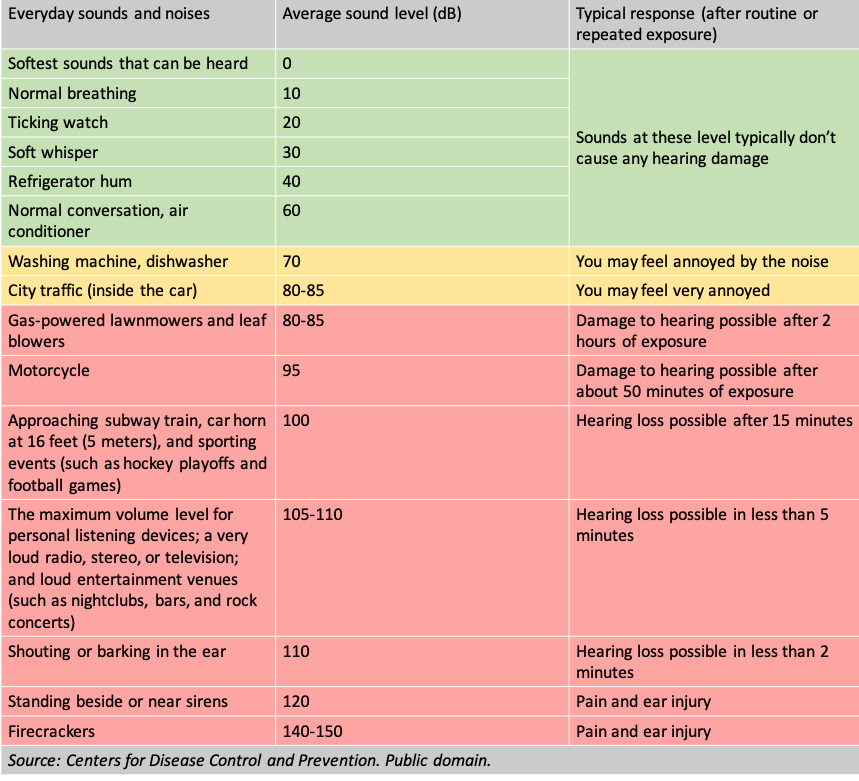
What Is the Decibel Level of a Football Game? Key Insights and Tips
Attending a football game is more than just a sporting experience; it’s a feast for the senses. The roar of the crowd, the blaring of horns, and the echoes of players colliding create an exhilarating atmosphere. However, amidst the excitement, there’s an important aspect that often goes overlooked: the decibel levels at these events and their potential impact on hearing health. Let’s dive into the details of what you can expect in terms of decibel levels at football games, how it can affect your ears, and tips to protect your hearing.
Understanding Decibel Levels
Decibels (dB) are a logarithmic way to measure sound intensity. In simple terms, the higher the decibel level, the louder the sound. To put things into perspective, normal conversation typically ranges from 60-70 dB, while sounds above 85 dB can be potentially damaging to hearing with prolonged exposure.
At football games, you can expect the decibel levels to fluctuate significantly. Studies and reports have shown that the average decibel levels during games range from 80 to 90 dB. However, during particularly intense moments, such as a last-minute touchdown or a critical defensive play, sound levels can go above 100 dB, sometimes even reaching upwards of 110 dB. This is comparable to the sound of a chainsaw or a rock concert, both of which are known to pose risks to hearing health.
The Impact of High Decibel Levels
Exposure to high decibel levels can lead to temporary or permanent hearing loss. When you’re at a game, you might experience temporary ringing in your ears, known as tinnitus, which can be a sign of noise-induced hearing damage. If you’re regularly exposed to sounds at or above 85 dB, you increase the risk of long-term hearing issues.
The CDC (Centers for Disease Control and Prevention) specifically warns that sustained exposure to noise above 100 dB – even for a brief time – can be highly damaging. Thus, it’s crucial for fans to be aware of the risks associated with attending loud sporting events.
Tips for Protecting Your Hearing at Football Games
Despite the risks, there are several practical steps you can take to protect your hearing without sacrificing your enjoyment of the game. Here are some tips:
1. Use Ear Protection
Consider wearing earplugs or noise-cancelling headphones designed for concerts and sporting events. These tools can help reduce the volume of the crowd noise while still allowing you to enjoy the game’s atmosphere. There are specific types of earplugs available that reduce sound levels evenly across frequencies, making them a great option for events like football games.
2. Limit Time in Loud Areas
If you find yourself unable to resist the intense moments in the game, try to limit the time you spend in the loudest areas. For example, you could take a break in a quieter spot when the action becomes particularly loud, allowing your ears some time to recover.
3. Be Mindful of Your Surroundings
Pay attention to how loud the environment feels. If you notice that you have to shout to make yourself heard or if you experience ringing in your ears during or after the game, it’s a clear sign that environmental noise levels are high. Use these cues to guide your behavior.
4. Stay Hydrated and Take Breaks
Staying hydrated can help minimize fatigue and discomfort, which can amplify the effects of loud noise. Plan to take breaks and find quieter spots to regroup. This not only helps protect your hearing but also keeps you refreshed for the rest of the game.
5. Educate Others
Raise awareness among your friends and family about the potential dangers of high decibel levels at football games. Share tips and encourage them to consider ear protection. It’s always beneficial to look out for one another when enjoying such high-energy activities.
Conclusion
Football games are thrilling events that bring fans together, but it’s important to keep your hearing health in mind. By understanding the decibel levels you can expect at these games and taking proactive measures to protect your ears, you can enjoy the exhilarating atmosphere without compromising your long-term hearing health. Remember, the roar of the crowd should be a source of joy, not a risk to your hearing. Enjoy the games and may your cheers never fade!
